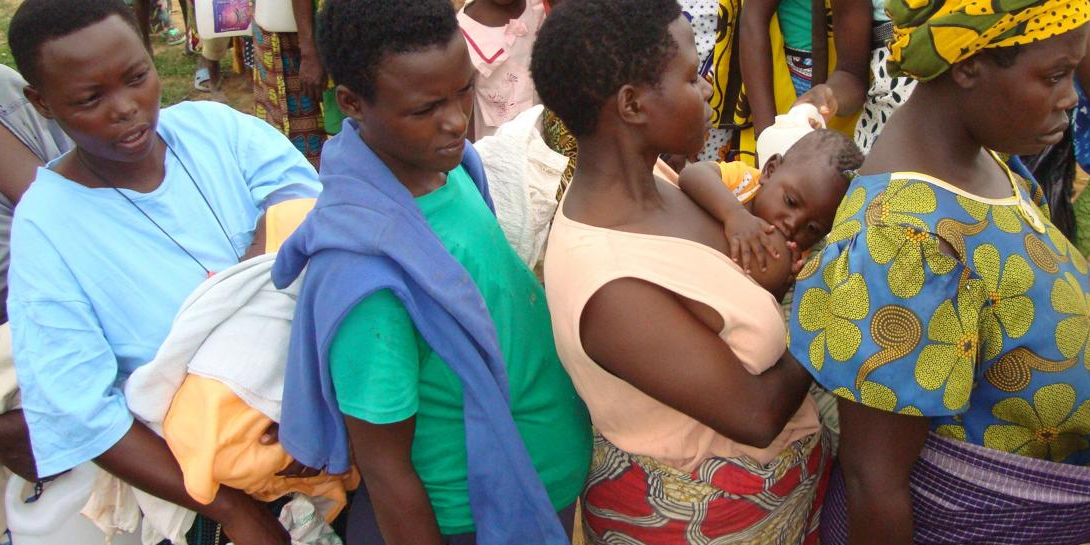The Kalungu district health department is battling with unsafe abortions due to a persistent increase in teenage pregnancies.
Dr Daniel Ssentamu, the Kalungu District Health Officer says that their Reproductive Healthcare status report indicates that pregnancies by underage girls below 19 years are contributing an average of 18% of overall statistics of expecting mothers who seek antenatal services in the area; a figure he says is worrying.
He explains that a substantial number of the teenage girls who are getting pregnant are choosing to abort the foetuses, and are using rudimentary methods that cause them serious complications.
Dr Ssentamu indicates their health facilities are also noticing an increase in cases of young girls seeking post-abortion care services, some of whom with serious complications.
He says the problem has largely been reported in the sub-counties of Bukulula, Lukaya, and Lwabenge. He adds that more cases could be unreported in the communities.
It is estimated that over 4,000 teenage girls in Kalungu district have become pregnant during the closure of schools caused by the outbreak of the covid-19 pandemic.
Dr Ssentamu also says that parents have also resigned from the responsibilities of guiding and guarding their children. He says that studies have also established that a number of these teenage pregnancies are a result of incest and rape.
Sharifah Kajumbi, the Kalungi District Female Youth Councilor indicates that the majority of the teenage mothers who have given birth are currently struggling to take care of their children.
Kajumbi says that it is high time the government and community leaders openly encouraged the use of contraceptives among teenagers as an appropriate method of preventing unwanted pregnancies and unintended children.
Ahmed Nyombi Mukiibi, the Kalungu LCV Chairperson says that they are reminding parents of their responsibilities to protect their children. He adds that they have entered into partnerships with the different non-government organizations to mobilize the youth on responsible living and reproductive health messages.
The 2020 Performance Monitoring and Action Survey by Makerere University School of Public Health, established that 44% of the pregnancies registered that year in Uganda were accidental, largely due to poor uptake of available birth control methods in the country.



